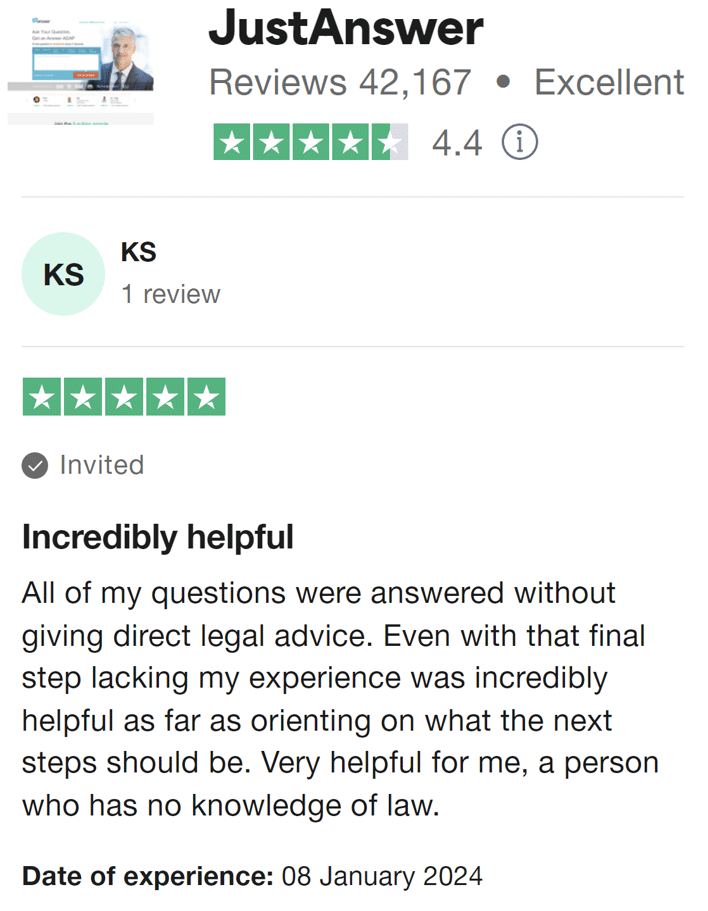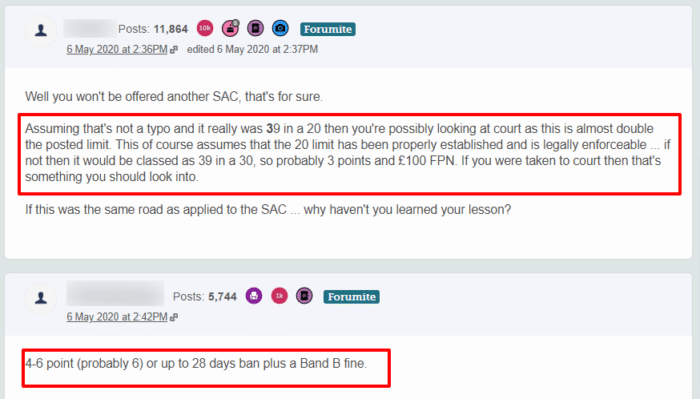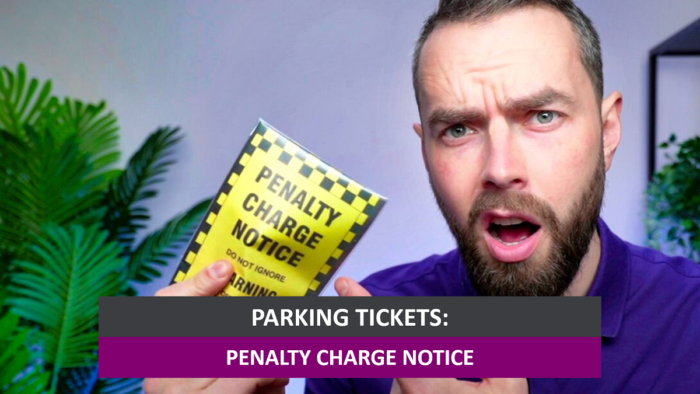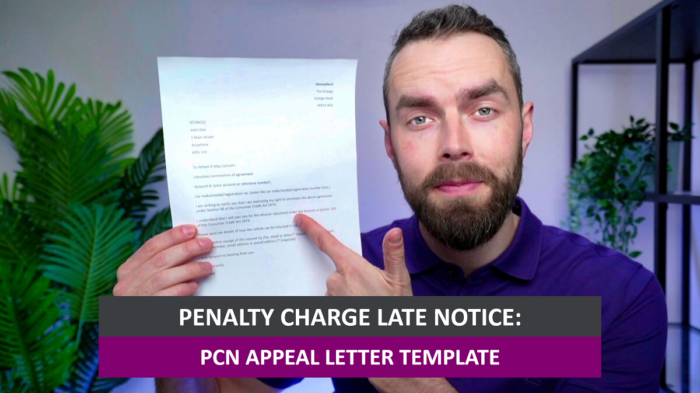How is Weekly Income Calculated for Speeding Fines?
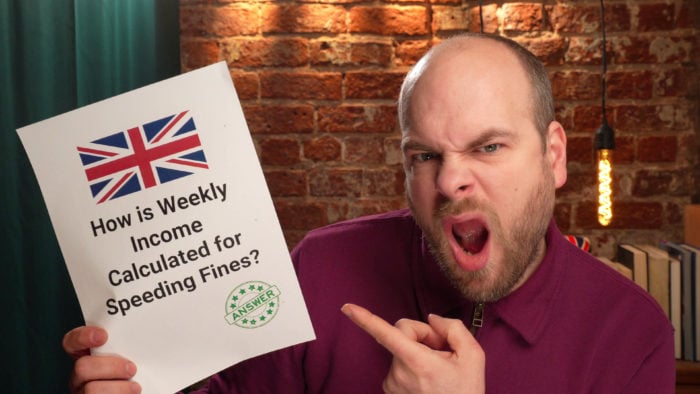
Are you feeling lost after getting a speeding ticket? You’re not alone. Every month, over 130,000 people visit our website for help with fines and parking tickets.
In this easy-to-read guide, we’ll explain:
- How speeding fines are worked out, using your weekly pay.
- The different levels of fines, from band A to C, and even higher.
- Why you might not have to pay your fine.
- How you might get caught speeding.
- How to go about appealing a ticket.
Getting a speeding ticket can be frustrating. But don’t worry; we’ll help you understand your fine and what you can do about it.
This is a guidance tool only and not an assessment. For accurate speeding fine figures, contact the issuing authority credit. Do not rely solely on this calculator’s results.
Around 50% of Appeals Succeed
In some circumstances, you might have a legitimate reason not to pay your speeding fine.
It’s a bit sneaky, but the last time I needed legal advice, I paid £5 for a trial to chat with an online solicitor called JustAnswer.
Not only did I save £50 on solicitor fees, I also won my case and didn’t have to pay my £271 fine.
Chat below to get stared with JustAnswer.
*Carwow reports around 50% of appeals are successful, so it’s well worth a try.
Will I always be Fined?
No. Whilst you might think that once you’ve been caught speeding, you’ll have to pay a fine, this isn’t always true.
I recently talked about speeding tickets in the Western Telegraph1, explaining some key aspects of speeding tickets and the process of getting one.
First of all, your NIP must be delivered within 14 days of committing the offence. You cannot be fined if this doesn’t arrive within this time frame. That’s the law.
But even if this does arrive on time, and you do all that it asks of you, you can still get out of paying if your FPN arrives late. The timeframe for this is longer at six months, but quite simply, again, you do not have to pay because of your legal rights after a speeding ticket.
However, a fine isn’t always what will be issued to you in the first place. If it’s your first offence, you may be offered a speed awareness course instead of a fine and points on your licence as part of the speeding ticket process UK. However, you may also be offered one if you haven’t attended one in over three years.
So, in summary, no, you will not always be fined. But if you are, what could it look like?
How Much Are Speeding Tickets?
The price of speeding tickets varies on many things:
- The speed you were going compared to the speed limit
- Your age
- Your vehicle
- Your insurance policy
- Whether it’s your first offence
- Your annual salary
Of course, the penalty you’ll eventually get will factor in all these things, but as a minimum, you’ll be fined £100 and have three points added to your licence.
If you accumulate too many driver penalty points, in this case, twelve over three years, then you could have your licence taken away from you.
That is unless you’ve been driving for less than two years, in which case only six points are needed.
Of course, whether you pay this fine again depends on other variables. If your NIP or FPN is late, you will not be lawfully fined or prosecuted. Or, if you have a genuine reason to appeal your fine, you are within your rights to do so.
You can use my above speeding fine calculator to have a better idea of how much your fine will be.
» TAKE ACTION NOW: Get legal support from JustAnswer
How is Your Weekly Income Affected?
Suppose you are caught speeding, and the fine you receive is more than £100. The new fine bracket is based on your salary.
Like almost all aspects of a speeding ticket, your fine will depend on other aspects. In this case, it’s how fast you were going over the limit and is part of a progressive penalty system.
The fines can be split into bands – BAND A, B and C. If you’re caught speeding, and your weekly income comes into effect, you’ll most likely be in one of these speeding fine bands.
Successful Appeal Case Study
Situation
| Initial Fine | £100 |
| Additional Fees | £171 |
| Total Fine | £271 |
The Appeal Process
Scott used JustAnswer, online legal service to enhance his appeal. The trial of this cost him just £5.
| Total Fine | £271 |
| Cost of legal advice | £5 |
JustAnswer helped Scott craft the best appeal possible and he was able to win his case.
Scott’s fine was cancelled and he only paid £5 for the legal help.
In partnership with Just Answer.
How is Weekly Income Calculated for Speeding Fines?
When you get caught speeding, the police have 14 days to send you a NIP and six months to send you an FPN – the actual ticket and fine. Your fine can increase as part of the income-based fine structure.
Depending on how fast over the speed limit you were going and whether the offence was on the motorway could see your fine increase to up to 700% in the most serious cases. However, you’ll usually be placed in Bands A, B, or C – which can still give significant fines and are means-tested fines.
However, if you feel it’s unfair, unnecessary, or wrong, you can appeal your NIP or PCN but know it can also be rejected.
Appealing a ticket
Contesting a speeding ticket is a risky business. If a court decides in favour of police or speed camera evidence, your small speeding penalty could become bigger! That’s why experts reckon less than one per cent of UK speeding tickets are contested, and only around half of those appeals are successful.
Most successful appeals are built around the technicalities of how and where a ticket was issued, although speed camera penalties can be dropped if a vehicle’s registered keeper responds to a Notice of Intended Prosecution (NIP) by claiming they can’t remember who was driving.
This is a risky claim because if a magistrate’s court chooses not to believe it, they can fine the vehicle’s keeper up to £2,500 for failing to identify the culprit and issue a driving ban as part of the speeding ticket appeals process.
Sometimes, the excuses that wouldn’t have been acceptable to dispute the penalty can be used in a mitigation letter to reduce the punishments you received.
It can be better to go to court in person and, if necessary, hire a speeding ticket defence lawyer, but if you can’t, you can send a letter, but the most important thing is to be apologetic and accept that you were speeding and then give your reasons.
If you could potentially lose your licence, which would result in you losing your job or other more serious consequences, you can include this in the letter, and you may get leniency from the court, but this isn’t guaranteed, even with legal representation for speeding fines.
Here are some of the most common reasons for appealing a speeding ticket/Fixed Penalty Notice.
| Violation Category | Specific Offense | Common Appeal Reason |
|---|---|---|
| Traffic Signal | Running a Red Light | Traffic light was malfunctioning/out |
| Insurance | Driving without Insurance | Proof of valid insurance at the time |
| Speed Limit | Exceeding Speed Limit | Incorrect speed limit signage/malfunctioning speedometer |
| Seat Belt | Not Wearing a Seat Belt | Belt was worn but not visible or medical exemption |
| Mobile Phone Use | Using a Mobile Phone while Driving | Emergency situation or not in use |
| Vehicle Condition | Driving a Vehicle in Poor Condition | Recent vehicle maintenance or misjudgment of condition |
| Parking | Illegal Parking | Unclear, obscured, or misleading parking signs |
| Documentation | Failure to Display Tax Disc | Disc was displayed but not visible |
| Driving License | Driving without a Valid License | License was valid but not present |
| Vehicle Registration | Driving Unregistered Vehicle | Registration was in process/delayed |
Join thousands of others who got legal help for a £5 trial
Getting the support of a Solicitor can take a huge weight off your mind.
Reviews shown are for JustAnswer.
How do the Speeding Bands Work?
Depending on how fast you were going over the speed limit determines how your weekly income is affected and calculated when it comes to your speeding ticket.
If you’re only caught speeding by a small amount, roughly 1-15mph over, you could have a fine of around 25-75% of your weekly wage or be offered driver retraining courses.
For example, if I take the weekly wage 2021, which was £38,000, the weekly income would be around £730.
If you’re caught going over by seven mph, then you’re fine could be 50% of this weekly income. Meaning that rather than pay £100, you end up paying £365 and having three points on your licence.
Here, you can find a helpful table that tells you all about the different brackets you can enter, the minimum and maximum fines, and the consequences for them.
| SPEED LIMIT (mph) | BAND A – Recorded Speed (mph) | BAND B – Recorded Speed (mph) | BAND C – Recorded Speed (mph) |
| 20 | 21-30 | 31-40 | 41+ |
| 30 | 31-40 | 41-50 | 51+ |
| 40 | 41-55 | 56-65 | 66+ |
| 50 | 51-65 | 66-75 | 76+ |
| 60 | 61-80 | 81-90 | 91+ |
| 70 | 71-90 | 91-100 | 101+ |
| Fine of weekly income | 25 – 75% | 75 – 125% | 125 – 175% |
| Points | Three | Four to Six | Six |
It should be noted that as the speed limit increases, the bands become larger, but so do the fines. But there are more punishments as well.
If you’re in Band B or C, you could be disqualified from driving for a certain period. In these bands, either you’ll receive the points or get disqualified.
For Band B, the time can be anywhere from 7-28 days, four weeks. However, with Band C, this could increase to 56 days.
If you are confused, you can use my above speeding fine calculator for a better idea.
Are there higher bands than A, B, and C?
Bands A, B, and C are the most common. However, more bands are beyond them for the most extreme speeding offences.
Band D, E, and F work just like the others; however, the fines on your weekly income can be massive. Below are the fines you can receive for entering these bands.
- BAND D – 200-300% of your weekly income
- BAND E – 300-500% of your weekly income
- BAND F – 500-700% of your weekly income
Thankfully, fines only go up to £1000, or £2,500 for motorway speeding fines, meaning this is an upper limit.
Hire a Solicitor for less than a coffee.
If you’re thinking about appealing your speeding fine then getting some professional advice is a good idea.
Getting the support of a Solicitor can make your appeal much more likely to win.
For a £5 trial, Solicitors from JustAnswer can look at your case and help you create an airtight appeal.
Try it below
In partnership with Just Answer.
